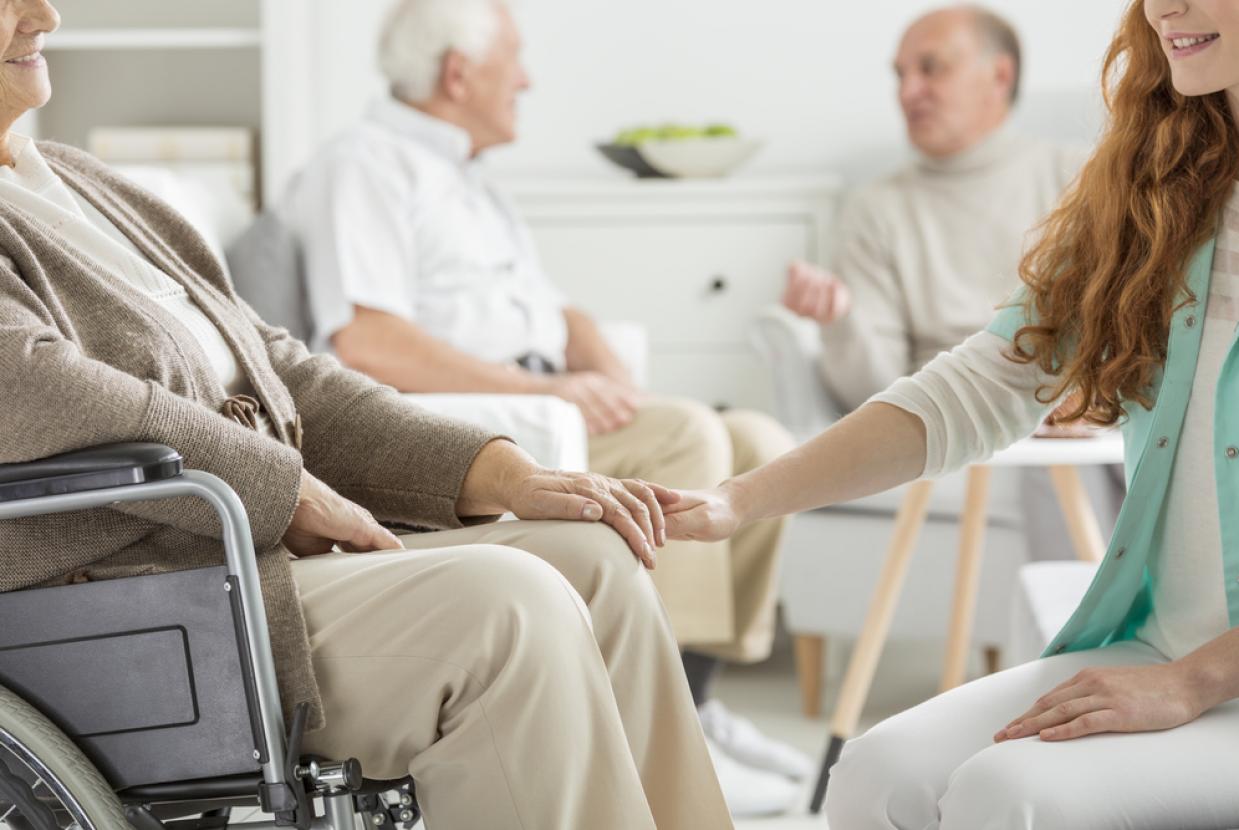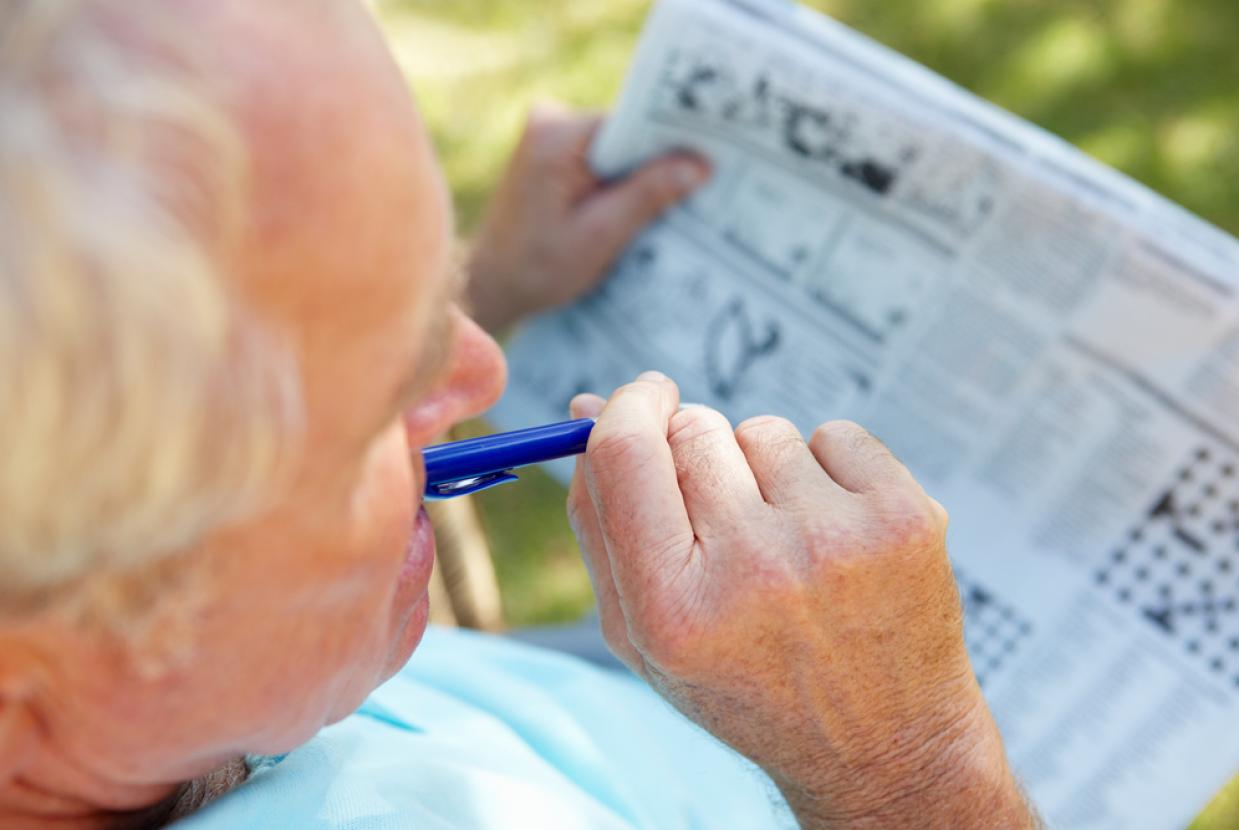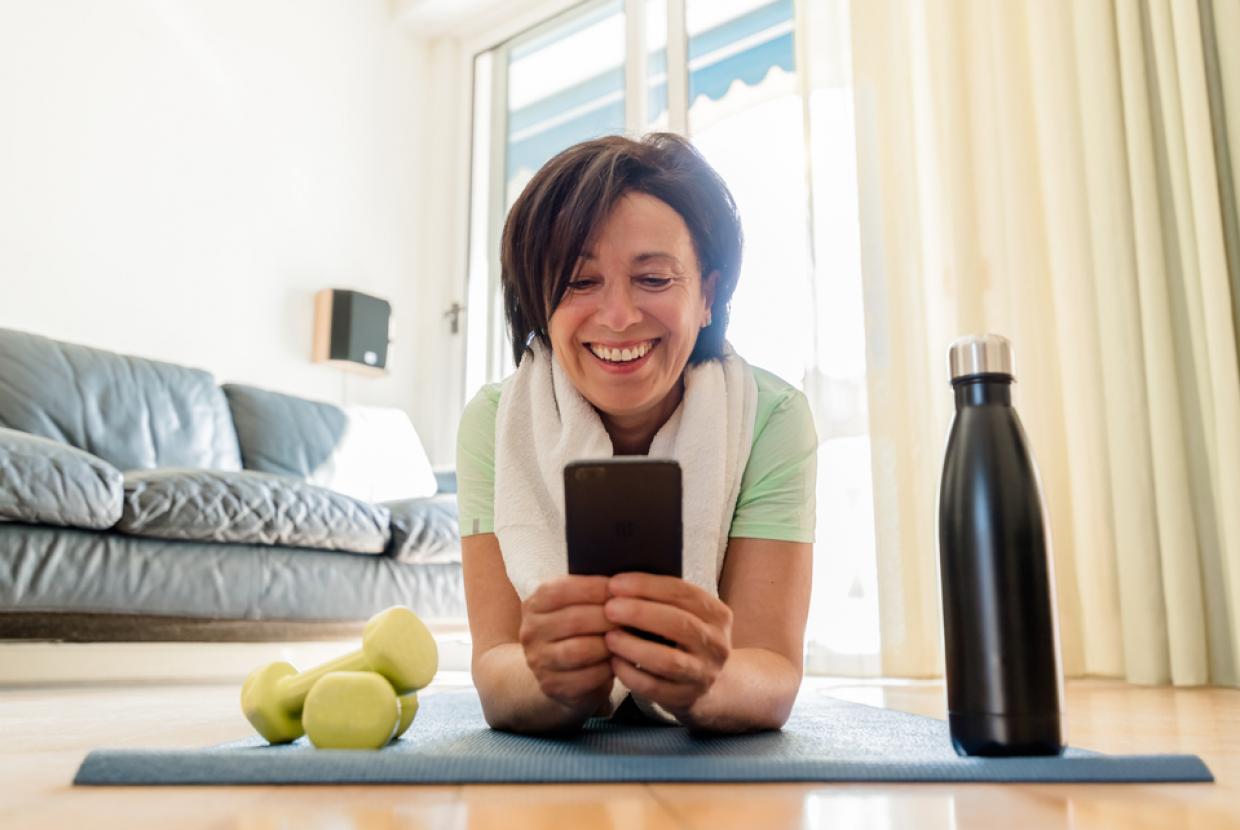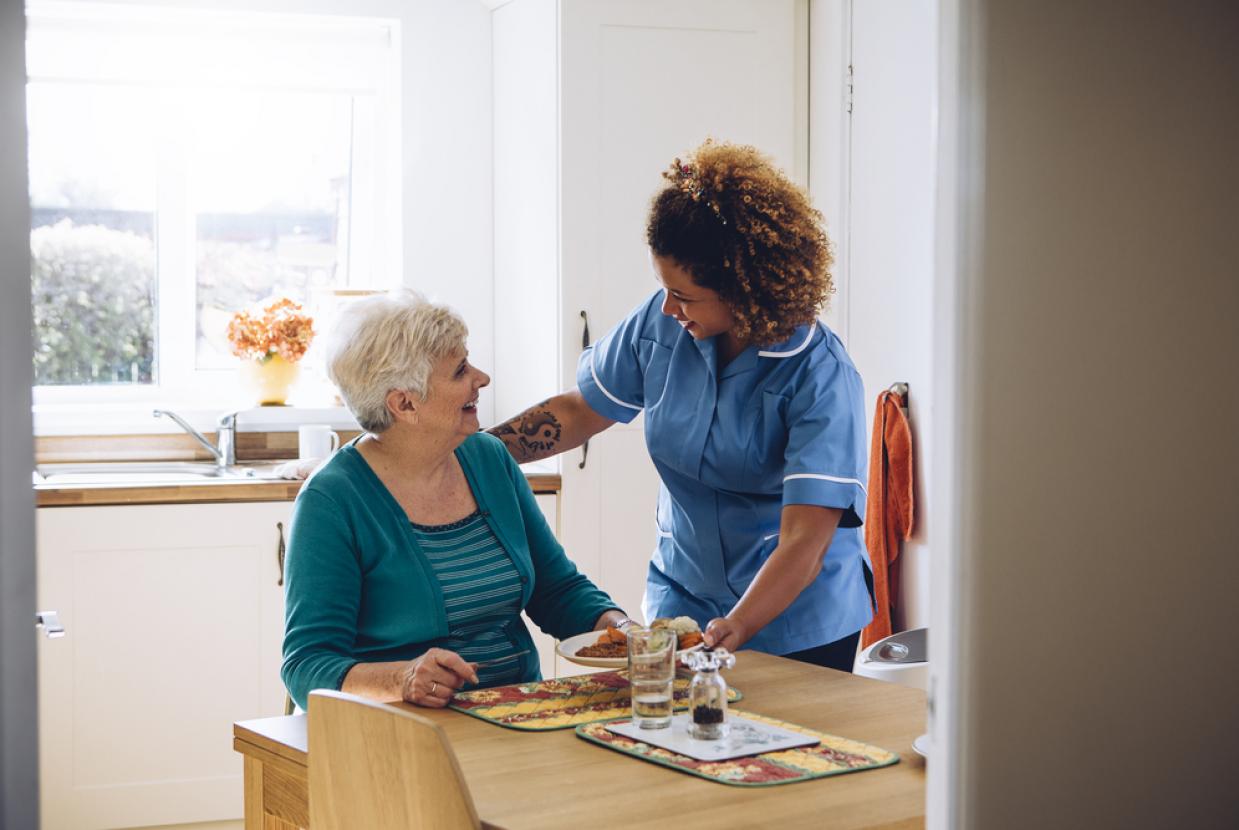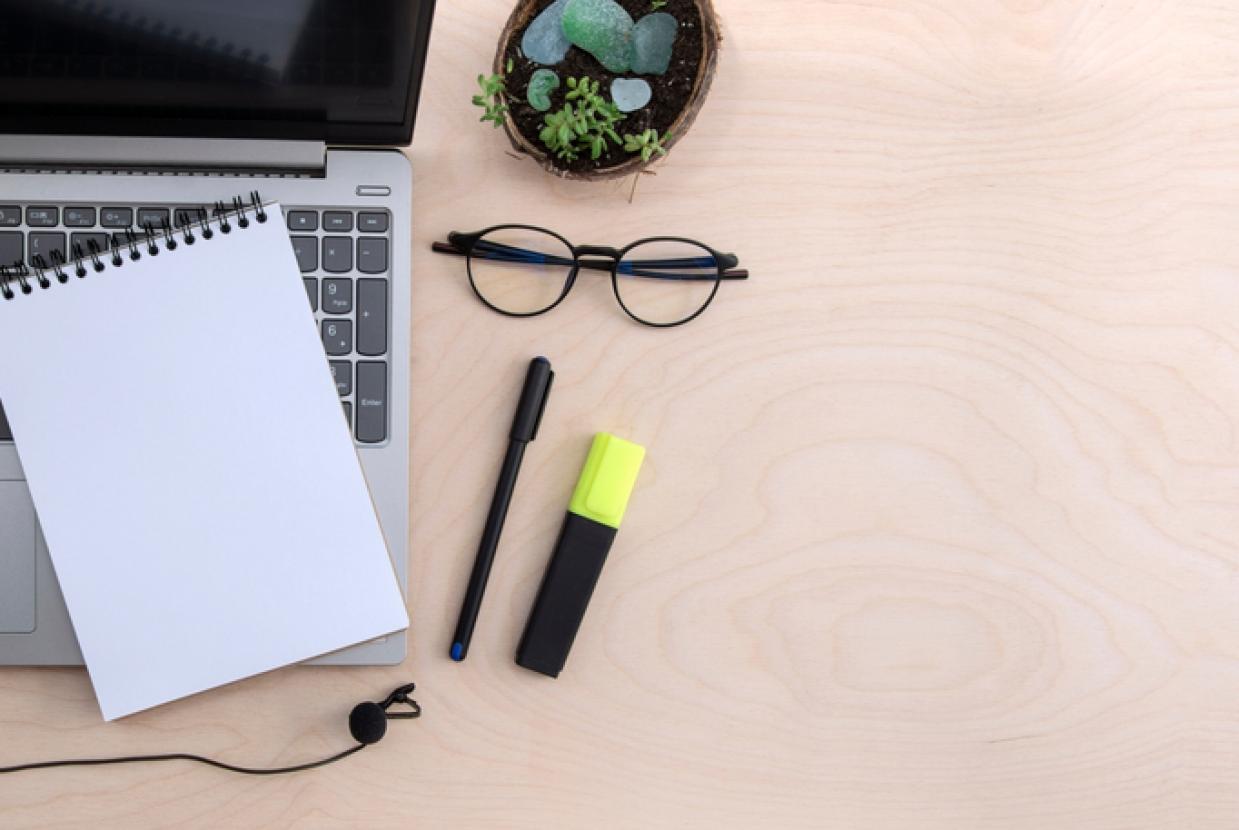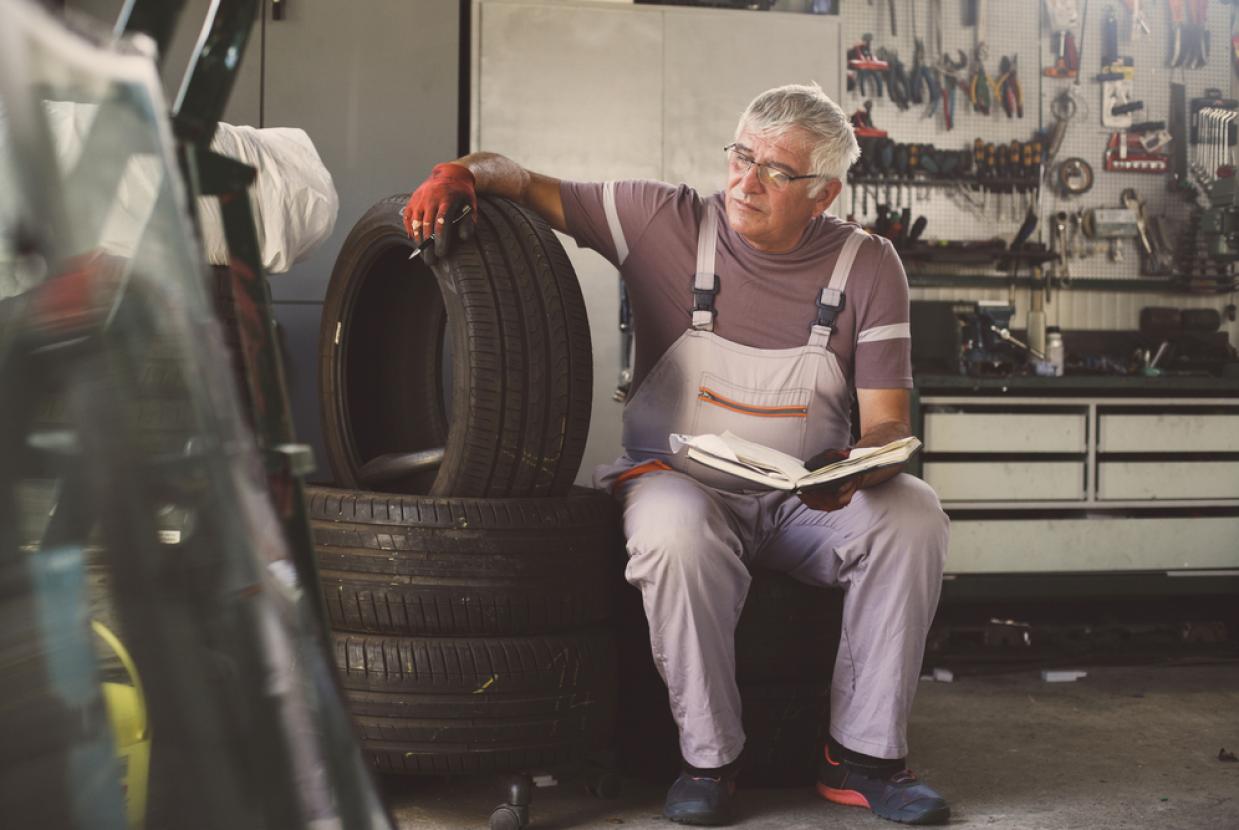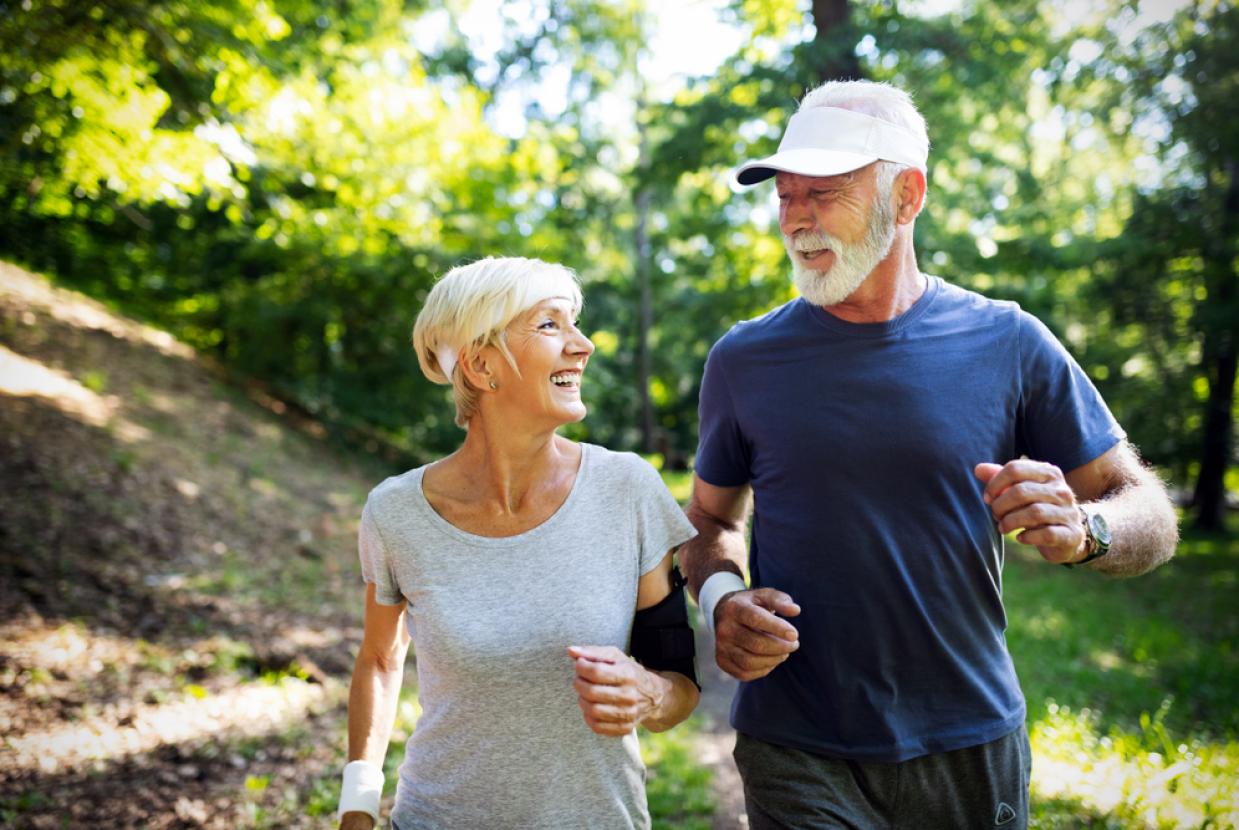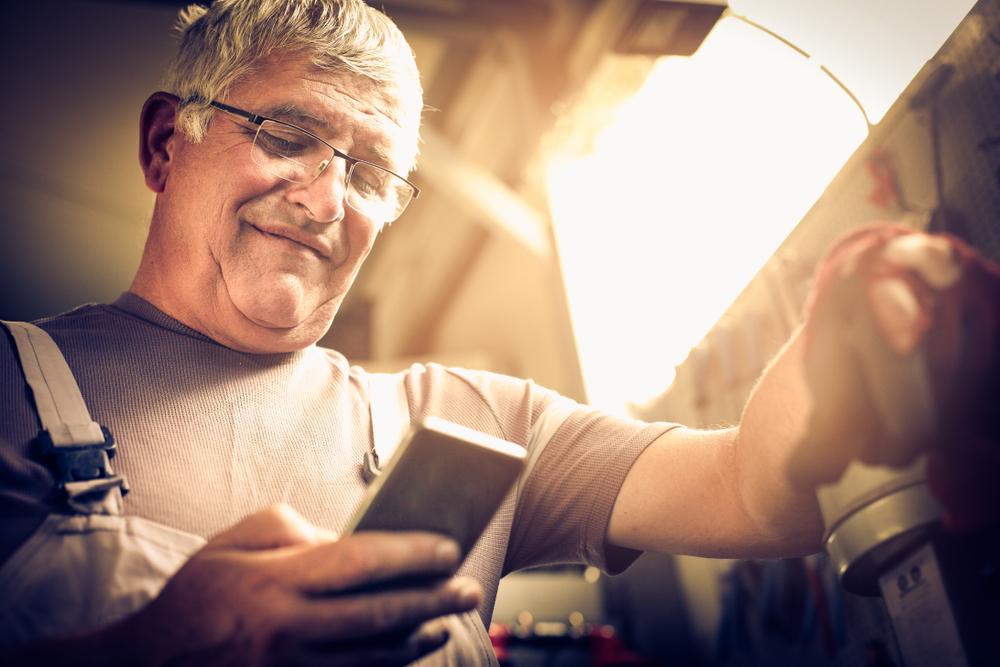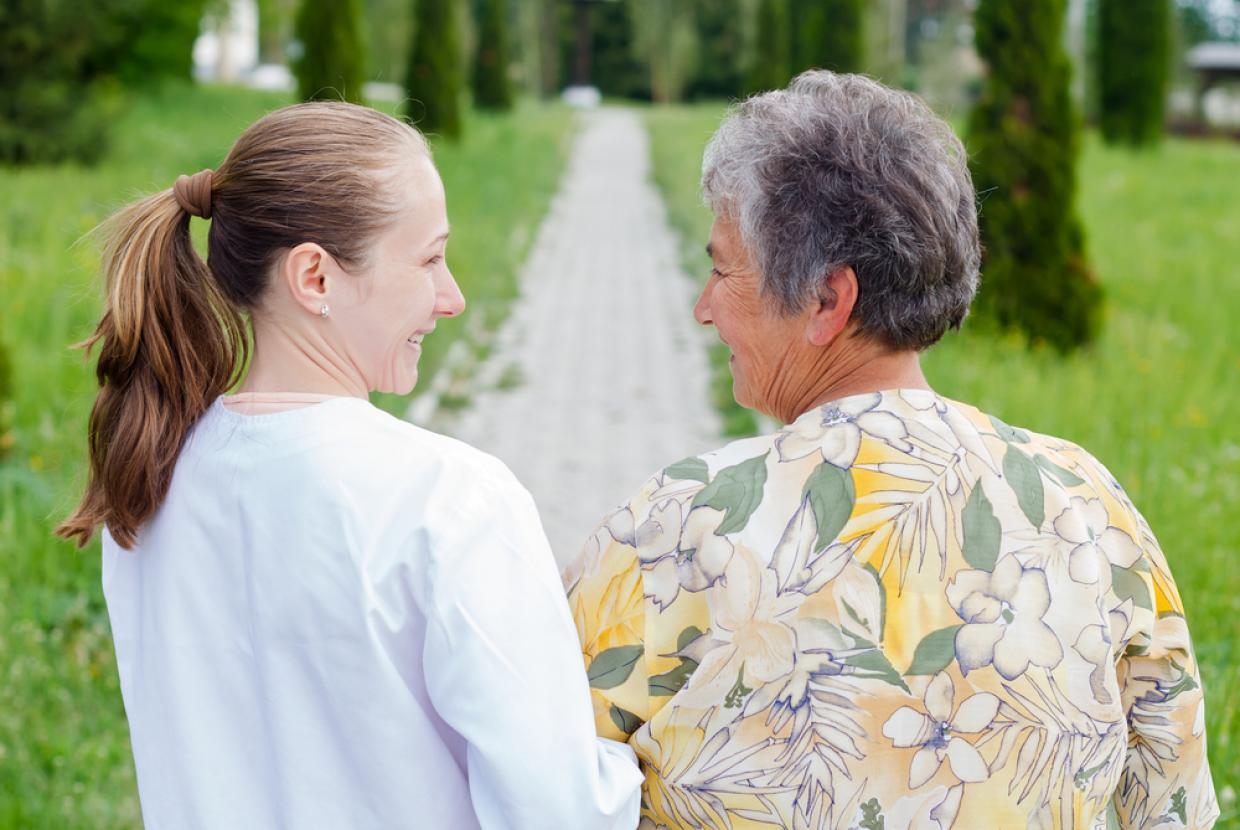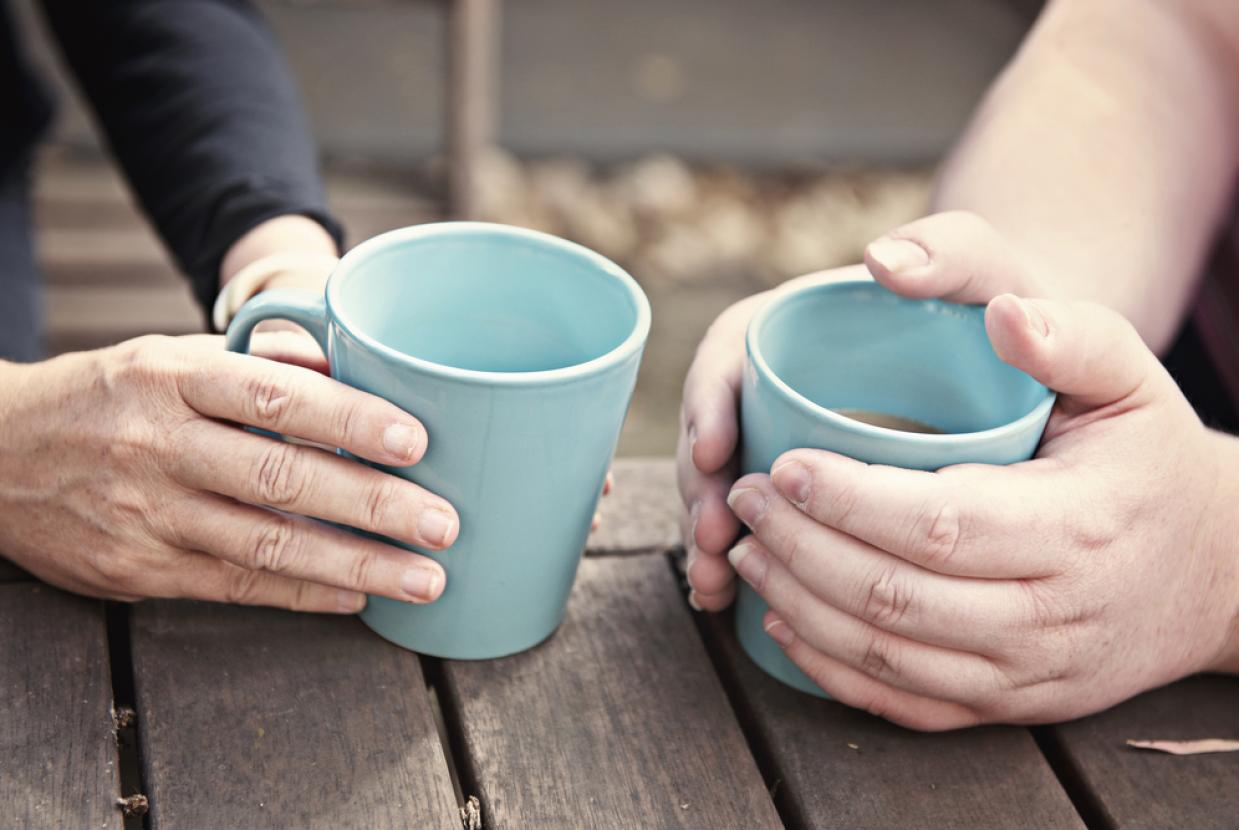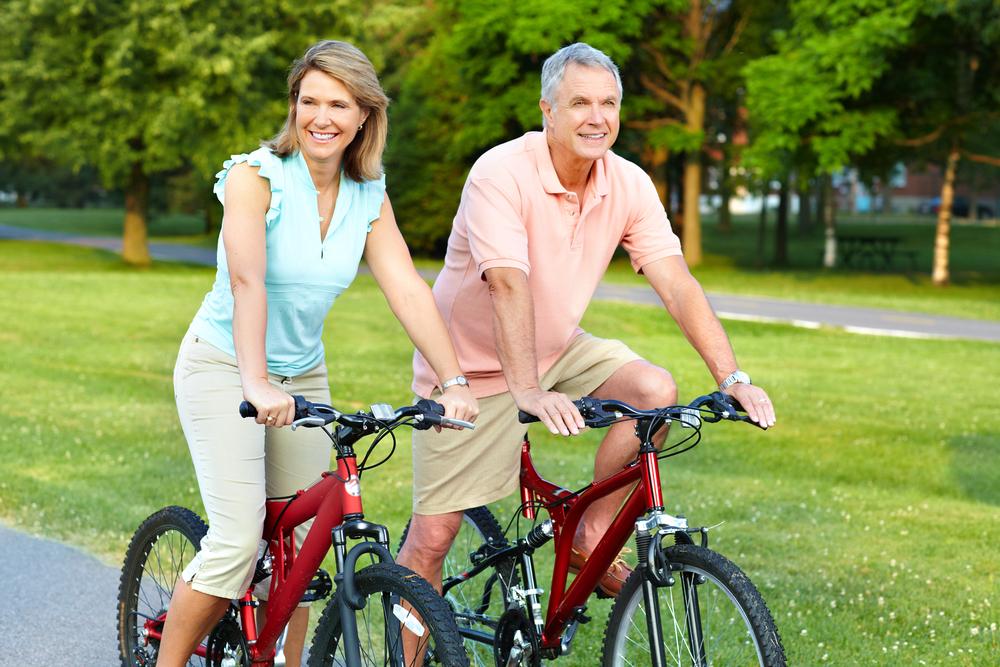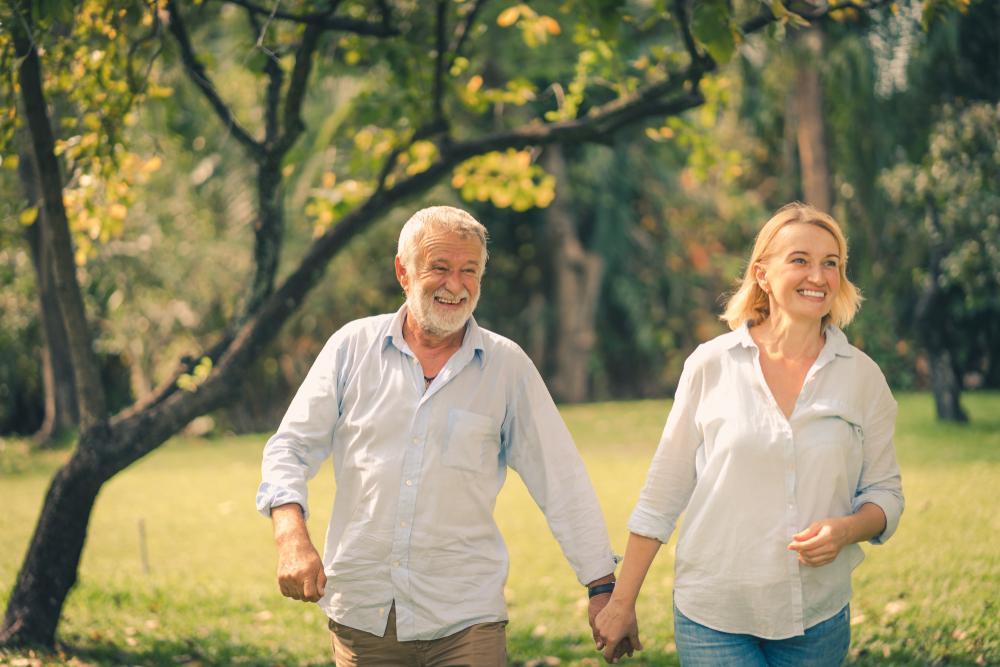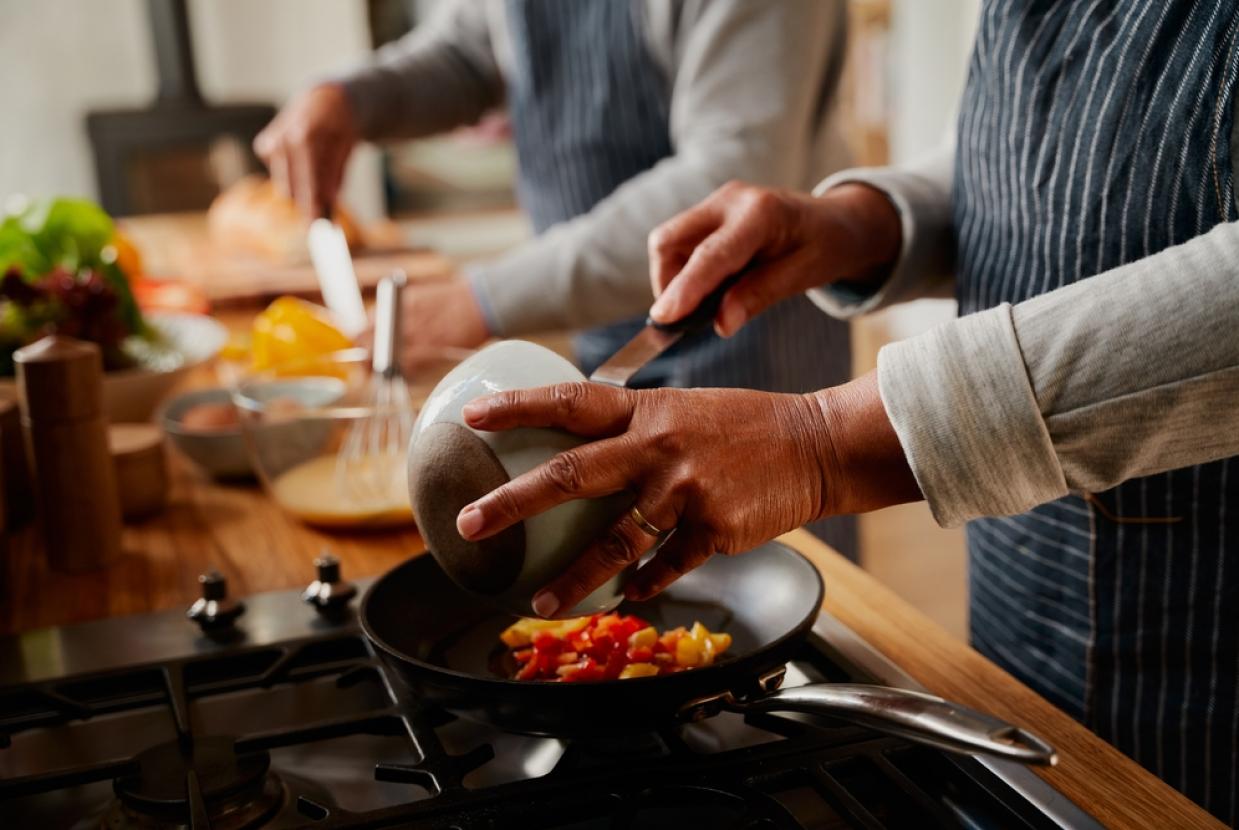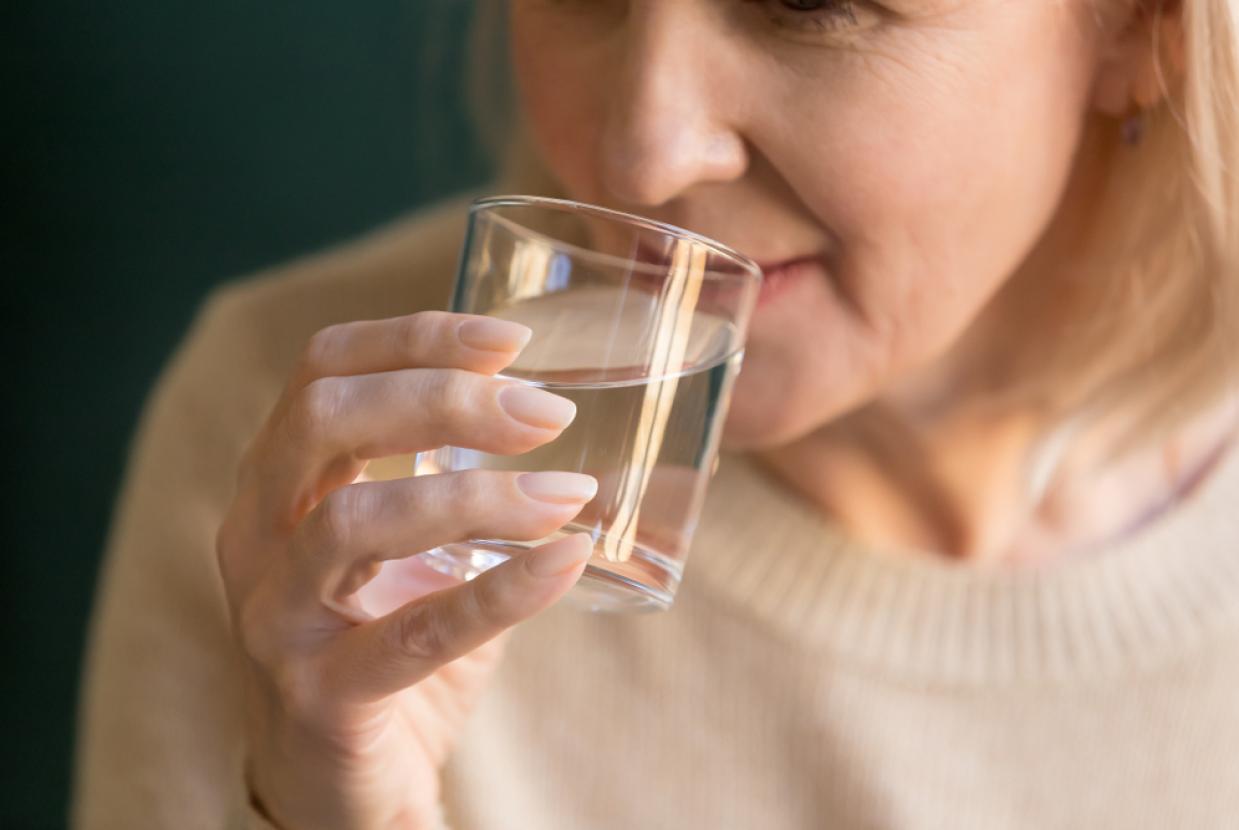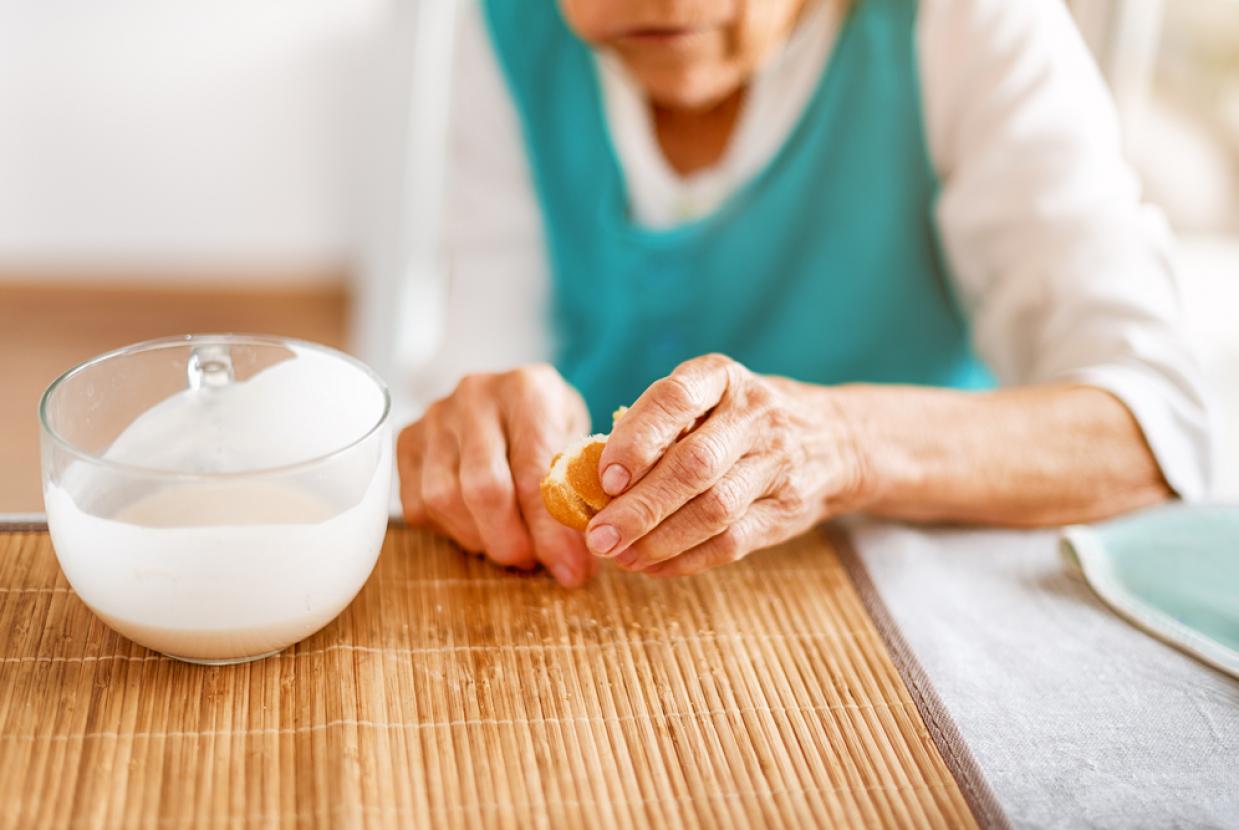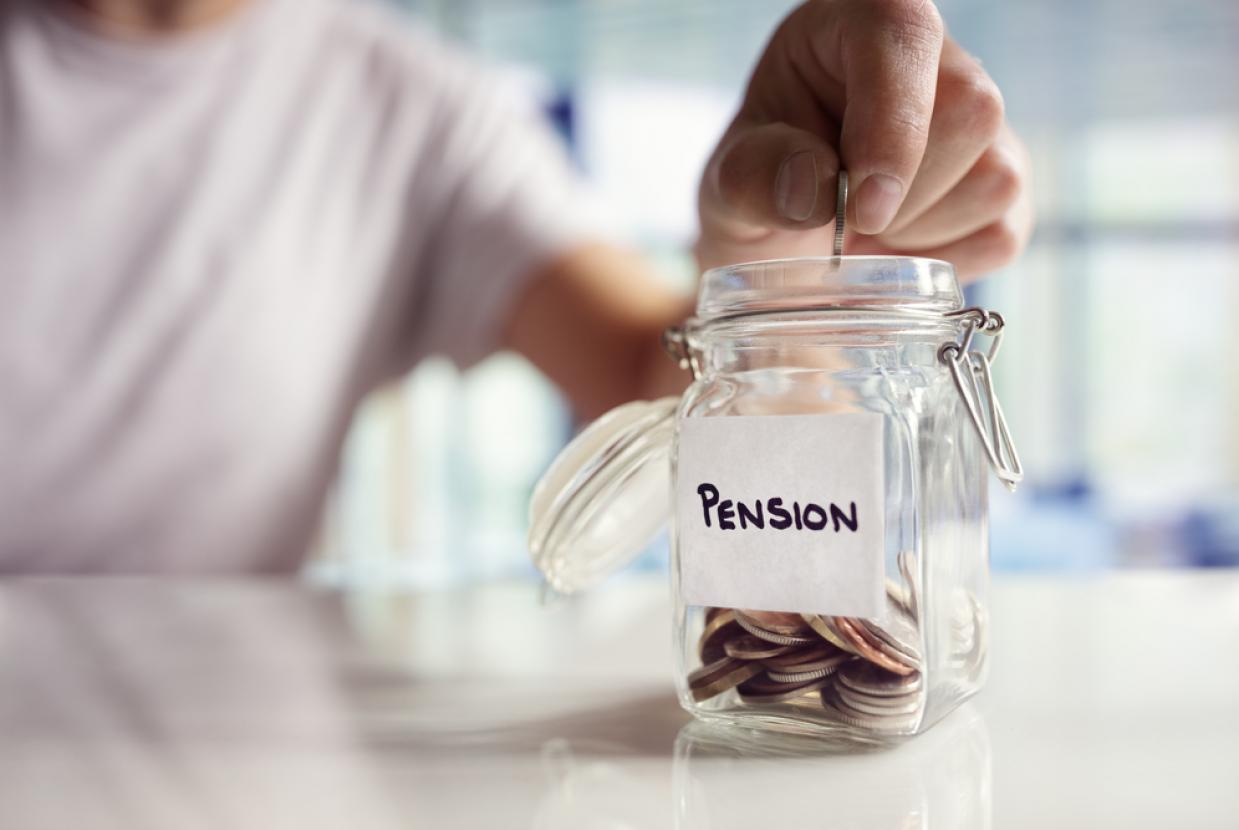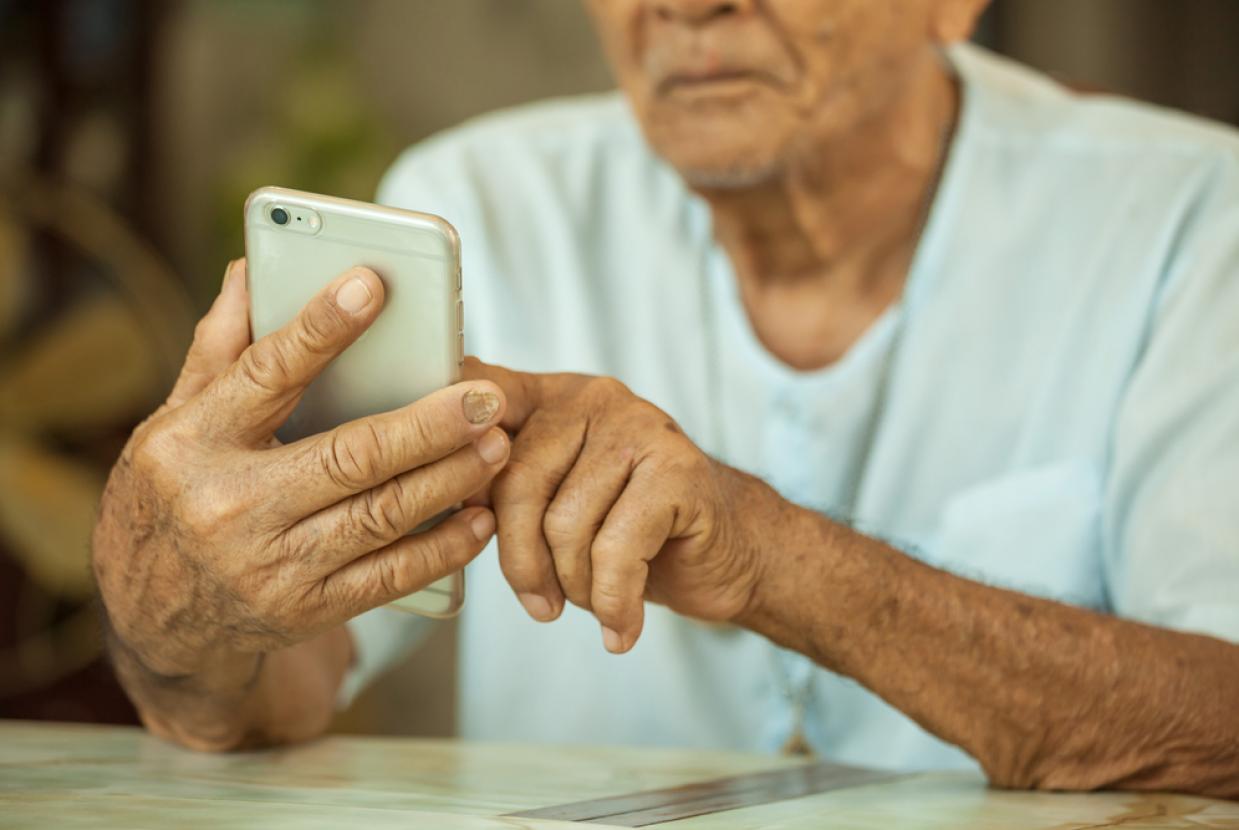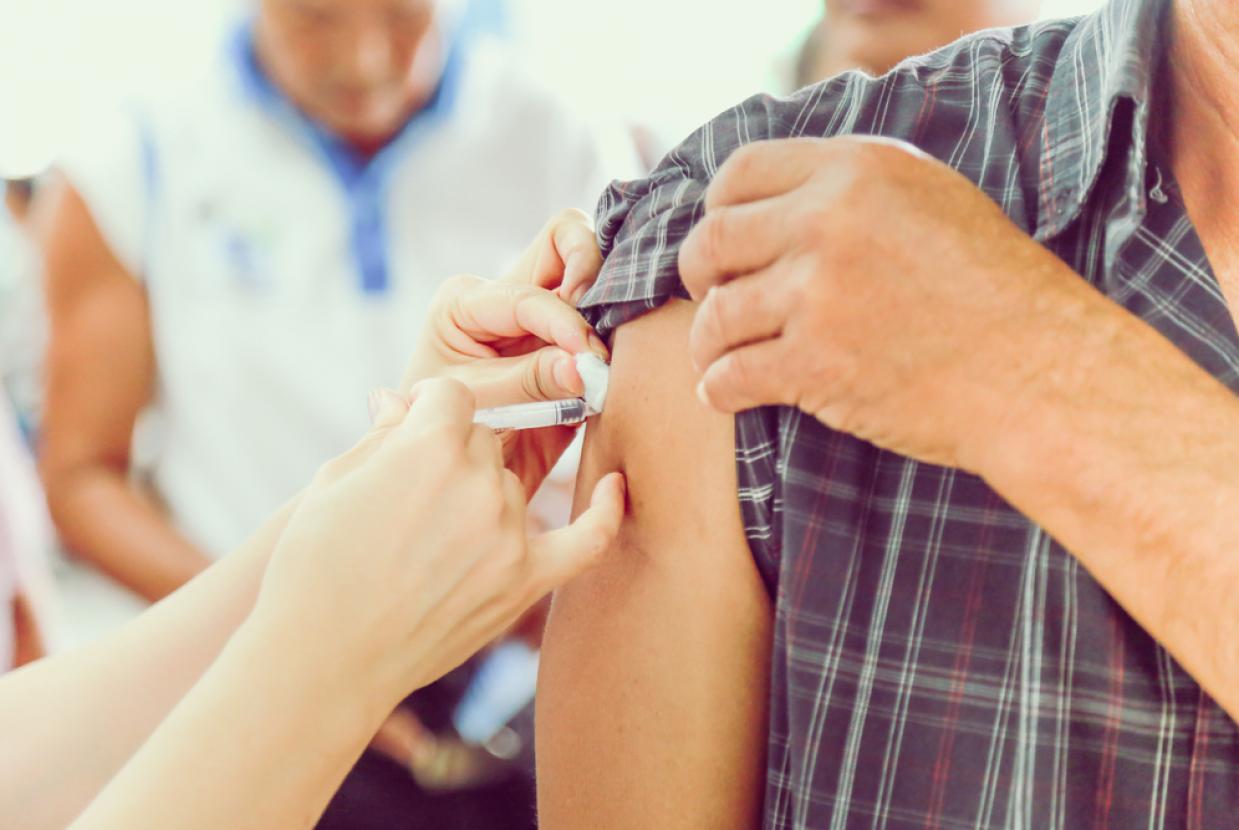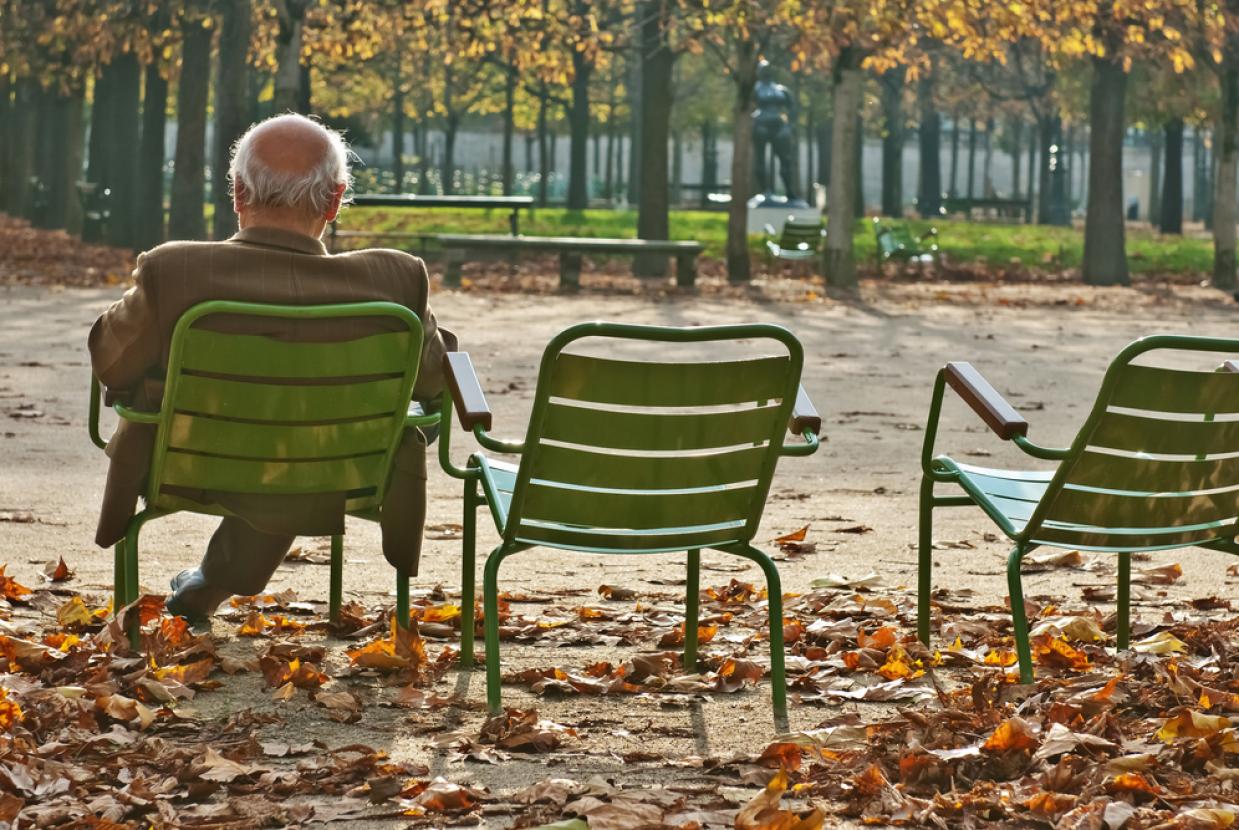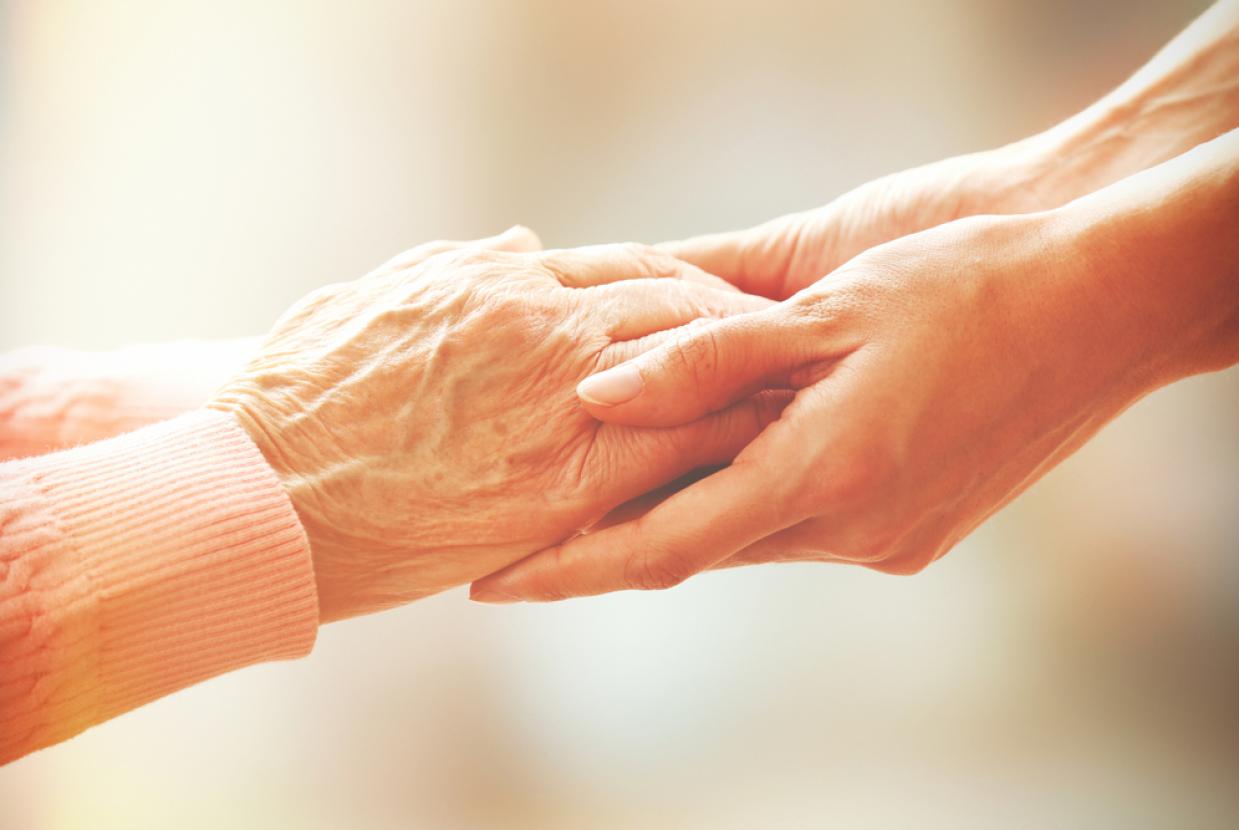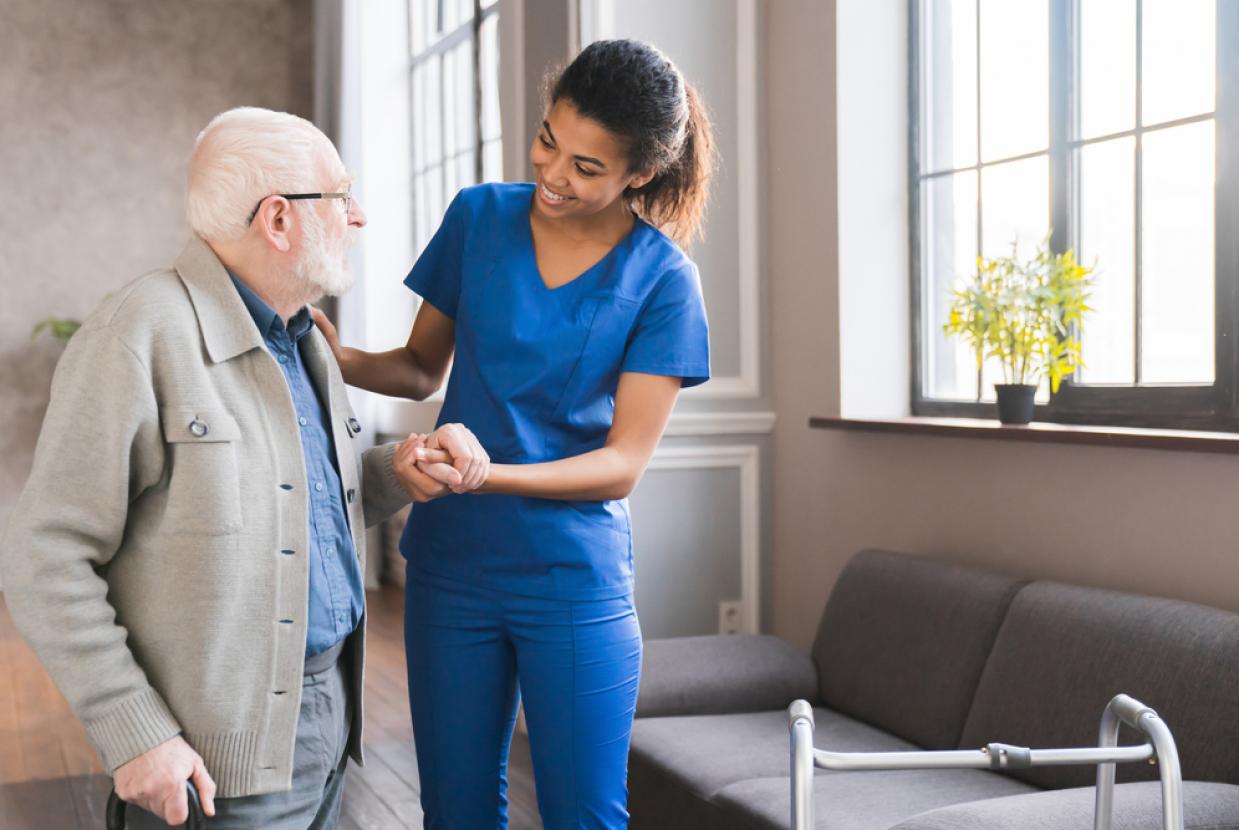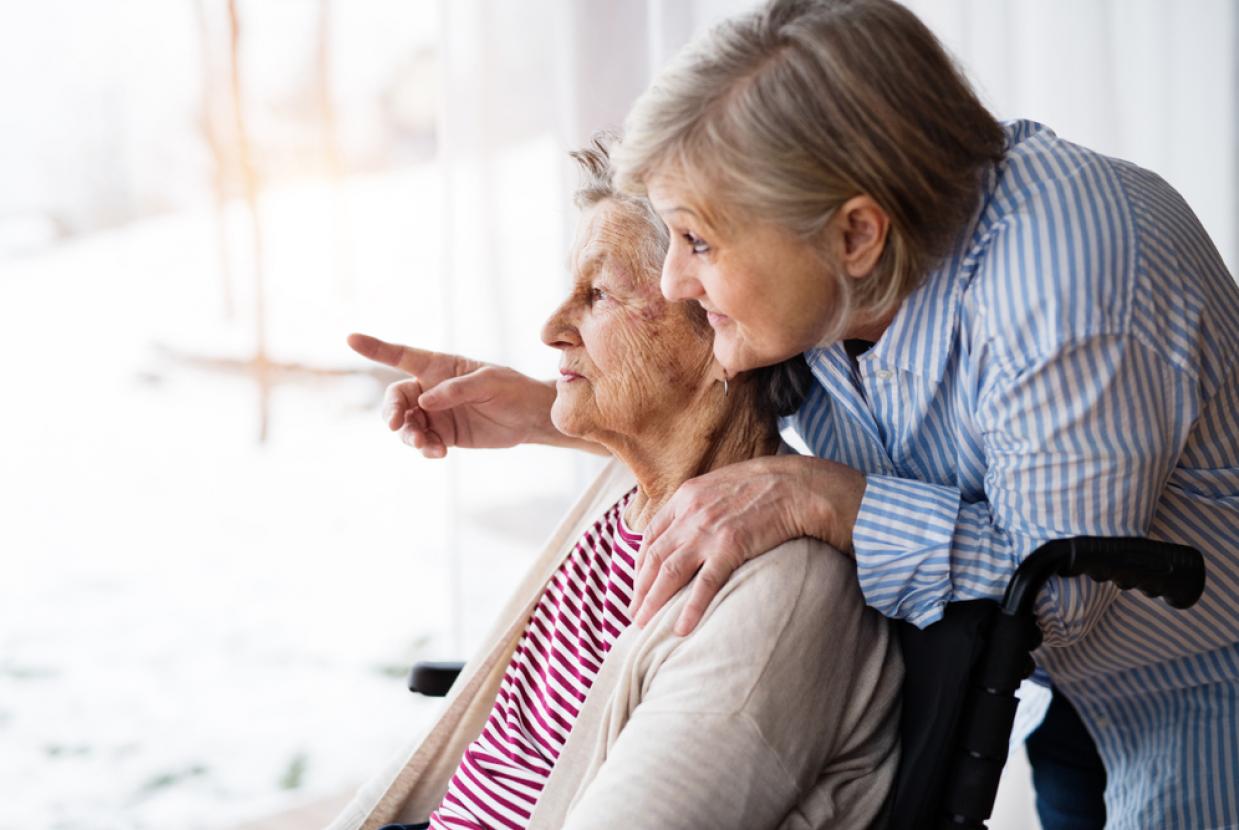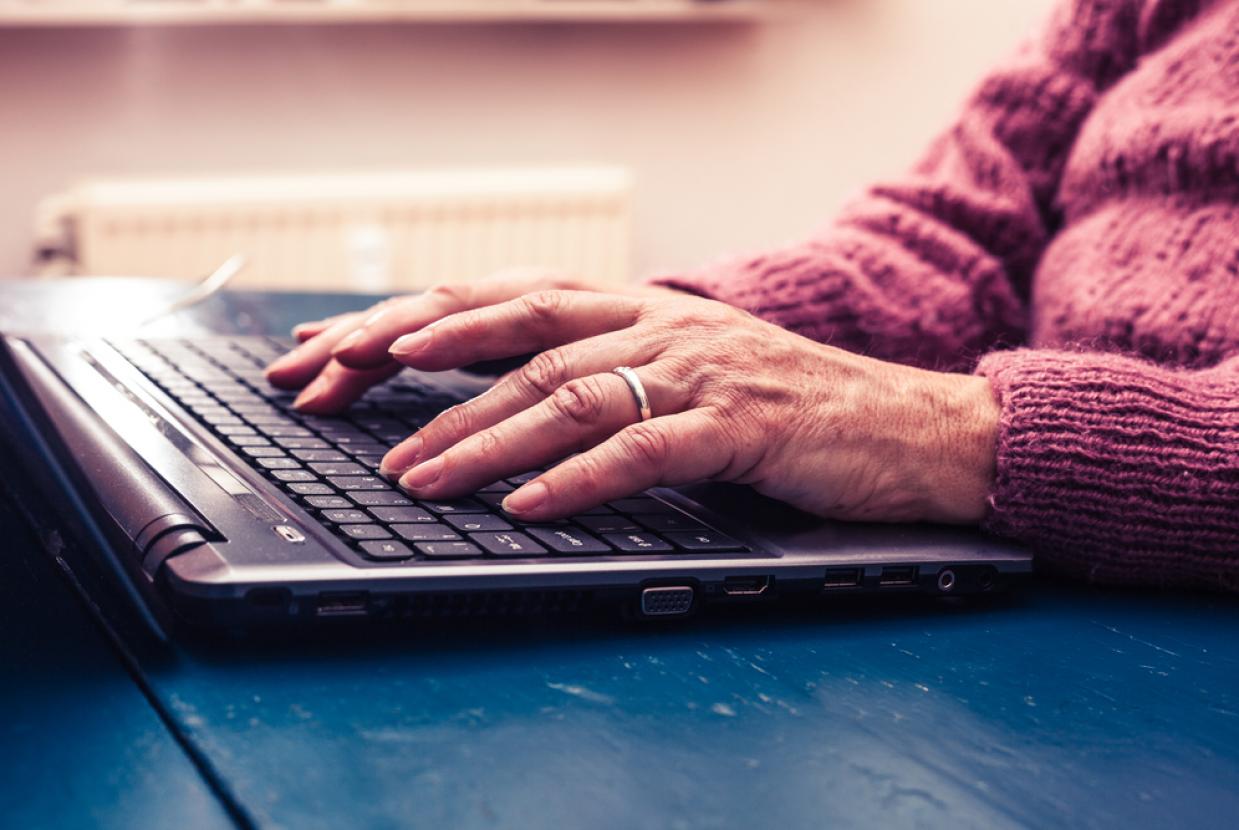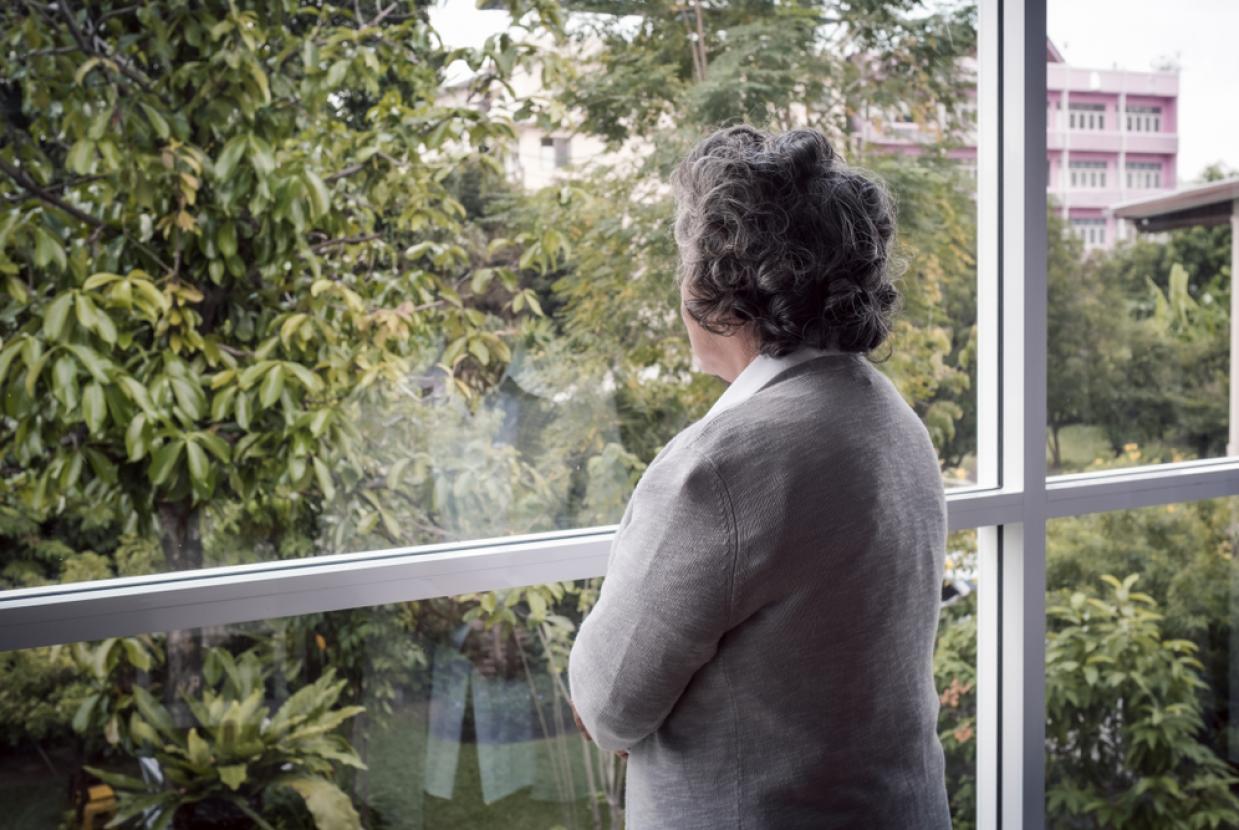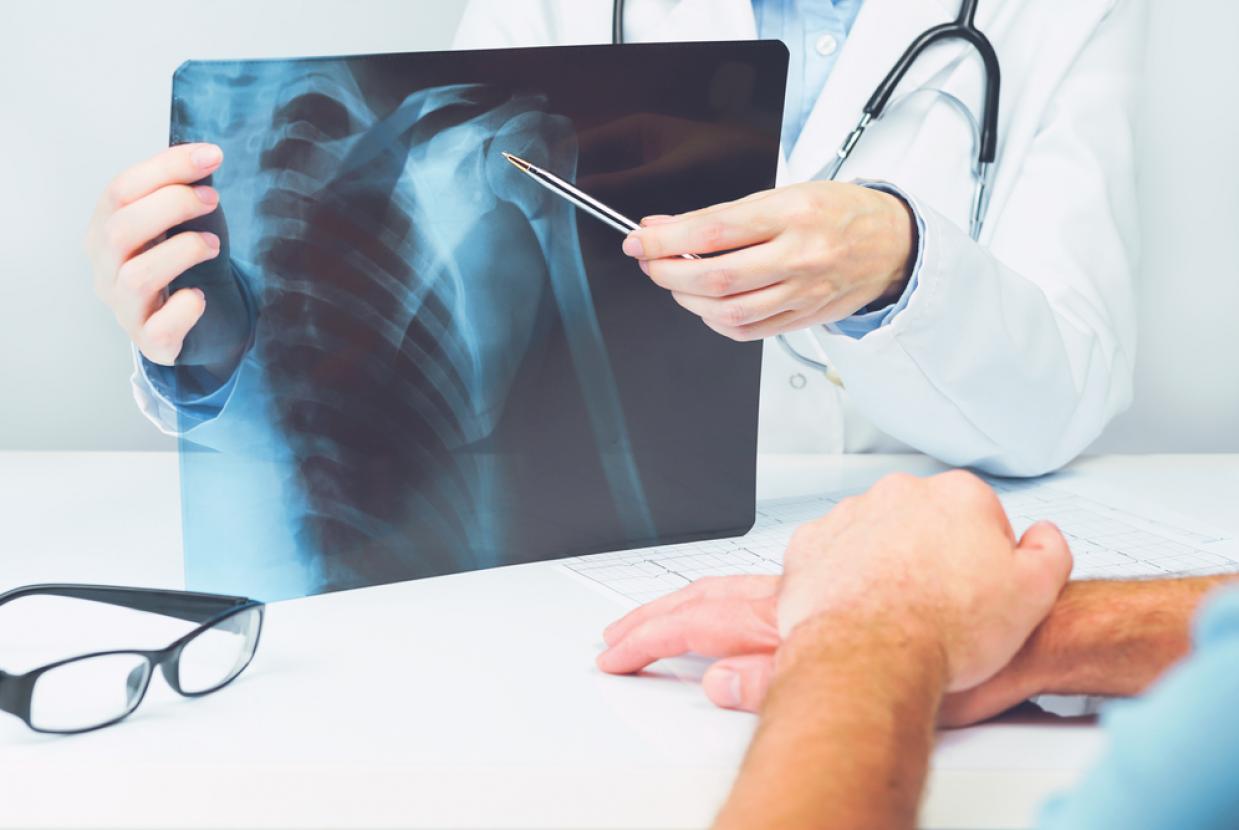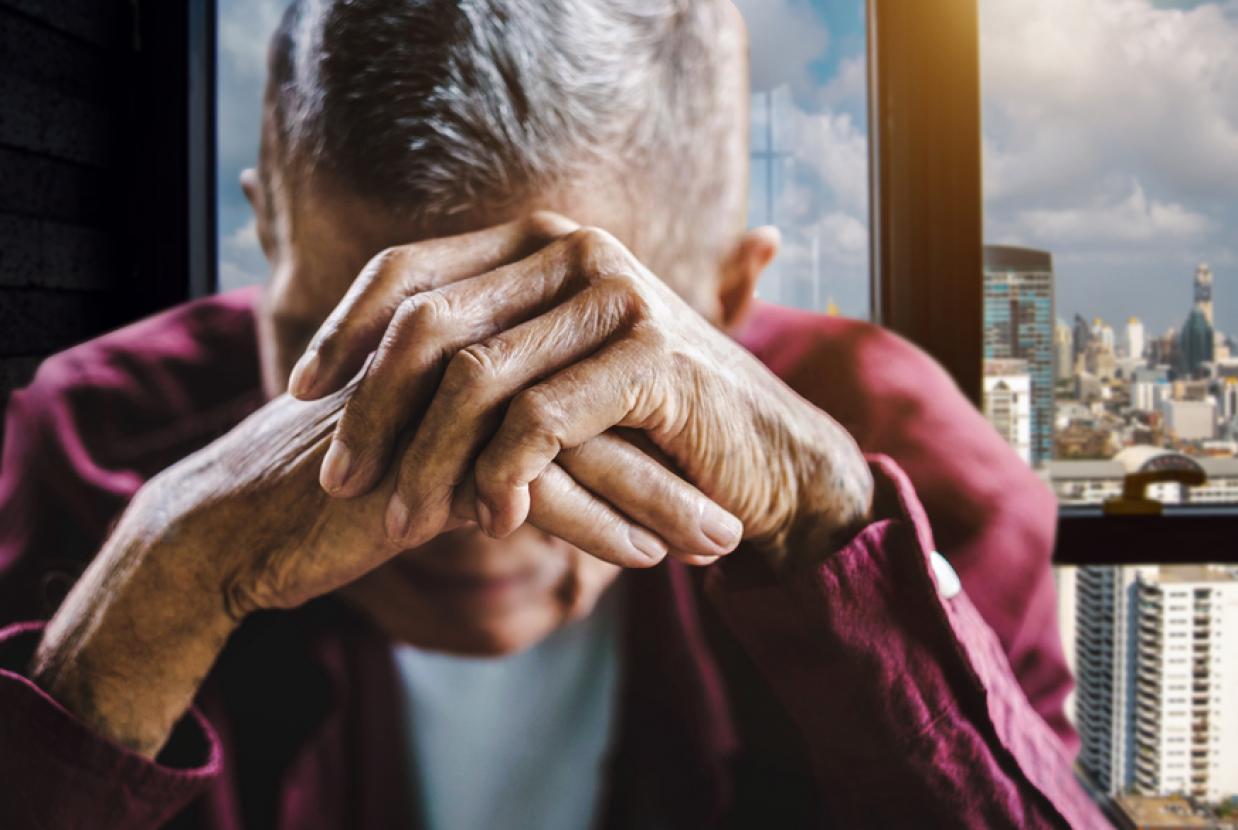Prevent Falls: Home Safety Checks
Ageing WellThe majority of falls happen in and around the home but can be prevented by making a few small changes. Some of these are simple changes that you can do yourself, while others require extra support from friends, relatives or a specialist care and repair service.
Stairs and hallway
To make things safer you could:
- improve the lighting, ideally having a light switch at both the top and the bottom of the stairs
- install a handrail, or better still, a handrail on each side
- clear any items stored on the stairs
Safety tips include:
- using a walking aid and need to use two handrails on the stairs, keep a walking aid at the top and bottom
- walking on the widest part of the stair, especially if the stair is curved
- being aware of patterned carpets on stairs, patterns can play tricks on your eyes and cause you to lose balance
- if you have to carry items while walking up or down stairs, hold the item in one hand and use the handrail with the other
- being sure you can see where your feet are stepping when you're carrying something
Living room
To make things safer you could:
- organise your room so you have easy access to curtains, plug sockets and cupboards
- choose a chair that's the best height for you to get up from safely
Safety tips include:
- a soft cushion in your chair can make it harder for you to get up safely
- if you have alarm pull cords, make sure they reach the floor so that you can use them if you fall
Bedroom
To make things safer you could:
- choose a bed that is the best height for you to get in and out of safely
- organise you room so you have easy access to your clothes
Safety tips:
- if you're unsteady on your feet, or get dizzy, sit down to get dressed – especially if you have difficulty with lower garments
Bathroom
To make things safer you could:
- use a non-slip mat or stickers, if your bath is slippery
- make sure hand rails anywhere in the bathroom are attached to the wall securely
- mop up water spills
Safety tips include:
- if you have difficulty getting on and off the toilet, or in and out of the bath, properly placed hand rails may help
- if your walking frame doesn’t fit in your bathroom, talk to an occupational therapist or physiotherapists about changing your frame. The door can also be changed to make space
- if you're struggling to stand and wash at the sink you may benefit from a perch stool
- if you get dizzy or lightheaded, be aware that hot showers and baths can make the symptoms worse
Kitchen
To make things safer you could:
- arrange your kitchen so that items that are used regularly are within easier reach
- keep the kettle near to the sink with cups and tea/coffee beside to save moving around the kitchen too much
Safety tips:
- a kitchen trolley can help to transport items. There's also a caddy for a walking frame that may be of help if a trolley is not suitable
What can I do?
Go from room to room and decide what changes you can do yourself and what changes you need extra help with. If you need help to check each room, ask a friend, relative or neighbour to have a look with you.
Help and support
Occupational therapists work with people of all ages to help them overcome the effects of disability caused by physical or psychological illness, ageing or accident. They can support you to make changes in your home to improve your safety and quality of life.
To find out about occupational therapist services from your local authority, contact your local social work department.



